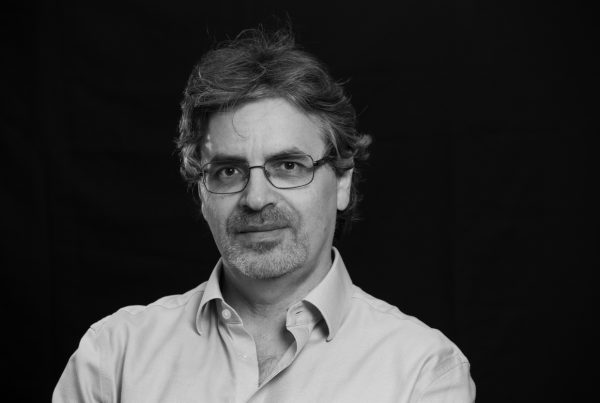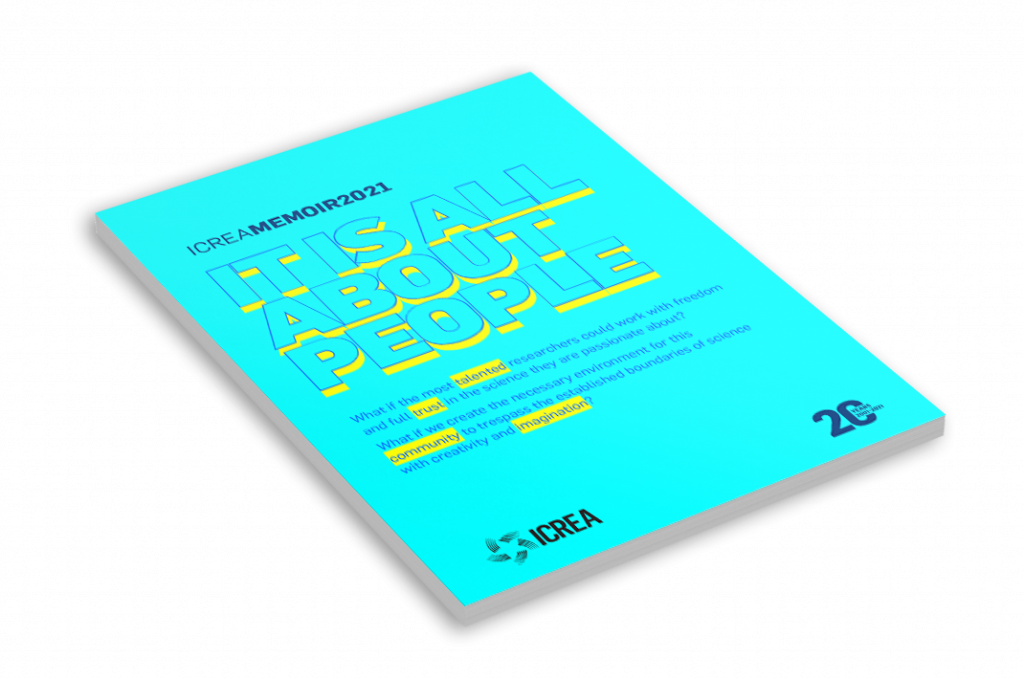Joan-Pau Rubiés graduated in Early Modern History at the University of Barcelona (1987), where he received the extraordinary degree prize. He went on to do a PhD at the University of Cambridge, funded with an external studentship from King's College (1987-1991). He was subsequently Research Fellow at Queens's College, Cambridge, and Jean Monnet Fellow at the European University Institute in Florence. In 1994 he became Lecturer in Modern History at the University of Reading, and in 1999 he joined the Department of International History at the London School of Economics and Political Science. He was Reader in International History at the LSE until 2012, when he accepted the offer of a Research Professorship at ICREA, which he holds at Universitat Pompeu Fabra. He has been twice visiting professor at the École des Hautes Études (Paris and Marseille). He is currently leading a Research Project on Ethnographies, Religious Missions and Cultural Encounters in the Early Modern World.


